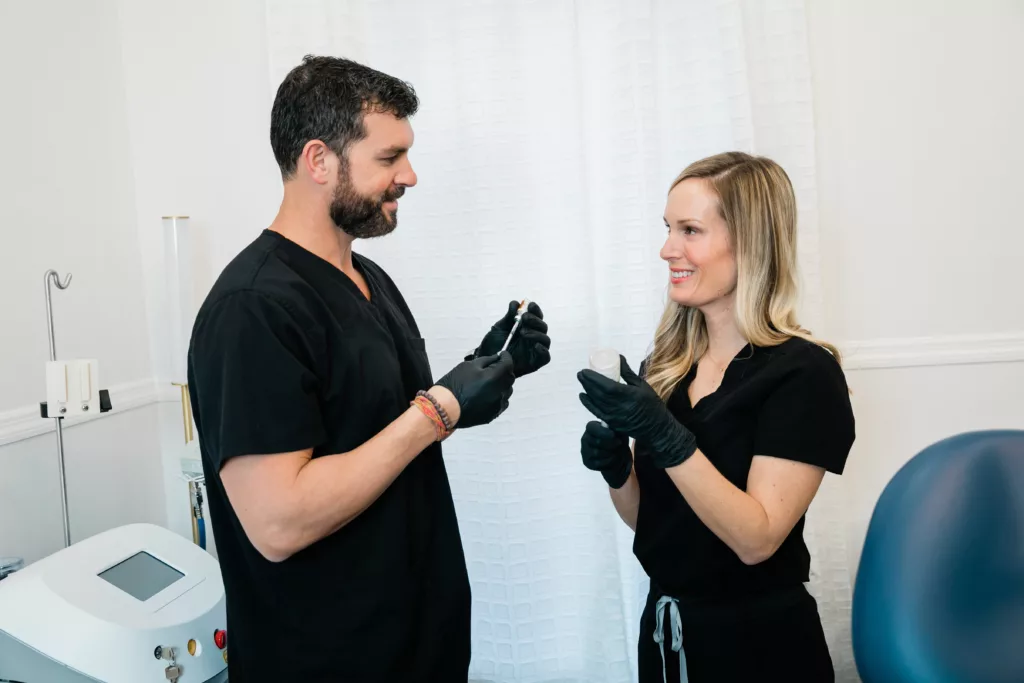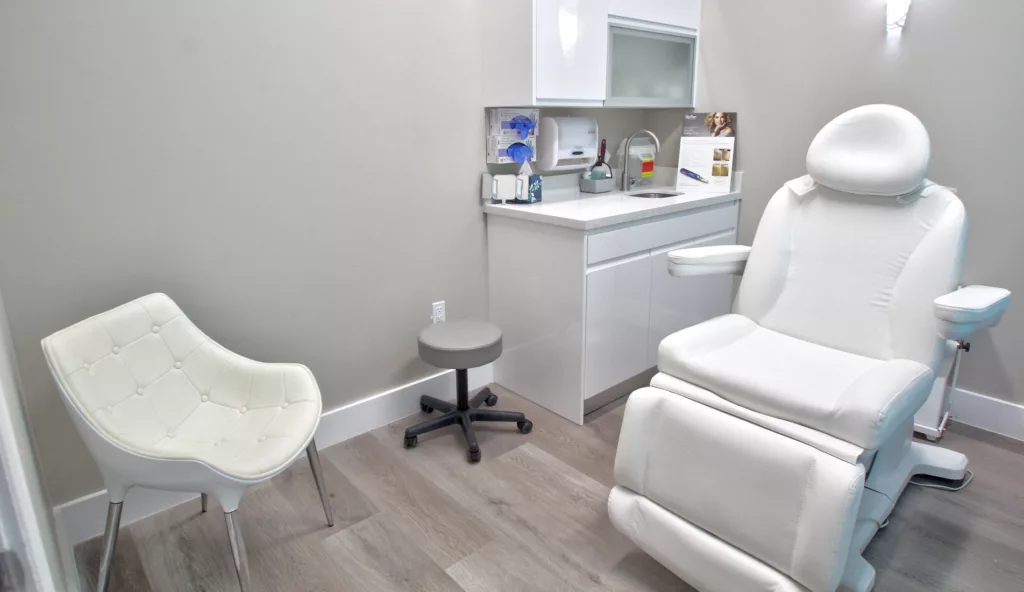Do I Have to Stay On After Selling My Practice?
When selling your practice, your transition timeline largely depends on who's buying. Individual buyers typically allow immediate exits, while private equity groups, DSOs, and MSOs prefer longer transition periods. Having facilitated over 100 practice sales, we've found that understanding these expectations early helps create better outcomes for everyone.
Understanding Your Options
Individual buyers, including doctor-to-doctor sales, often accommodate immediate exits and are typically ideal for practices earning $750K-$1.5M annually. In contrast, group buyers (PE/DSO/MSO) usually target practices earning over $1.5M and prefer longer transition periods of 3-5 years.
Creating Flexibility in Your Exit
If you're seeking a shorter transition period, consider these proven strategies:
- Develop a strong associate team that drives significant production
- Maintain updated systems and technology
- Consider a consulting role after clinical duties end
- Be open to a 6-12 month transition period versus an immediate exit
- Document and standardize your key operational processes
- Build strong leadership within your current staff
Valuation Impact
Your transition timeline can significantly impact your practice's valuation. While group buyers may require longer commitments, they often offer higher valuations. Individual buyers might offer more flexibility but may value the practice differently. The key is aligning your exit strategy with both your financial goals and personal timeline.
Finding the Right Balance
Your ideal exit strategy should balance your practice's current revenue and growth potential with your timeline and goals. Consider the buyer pool available in your market and be realistic about your practice's position within it. The most successful transitions occur when sellers understand their options early and plan accordingly.
Next Steps
Ready to explore your transition options? Contact us to discuss your specific situation and develop an exit strategy that meets your goals.



